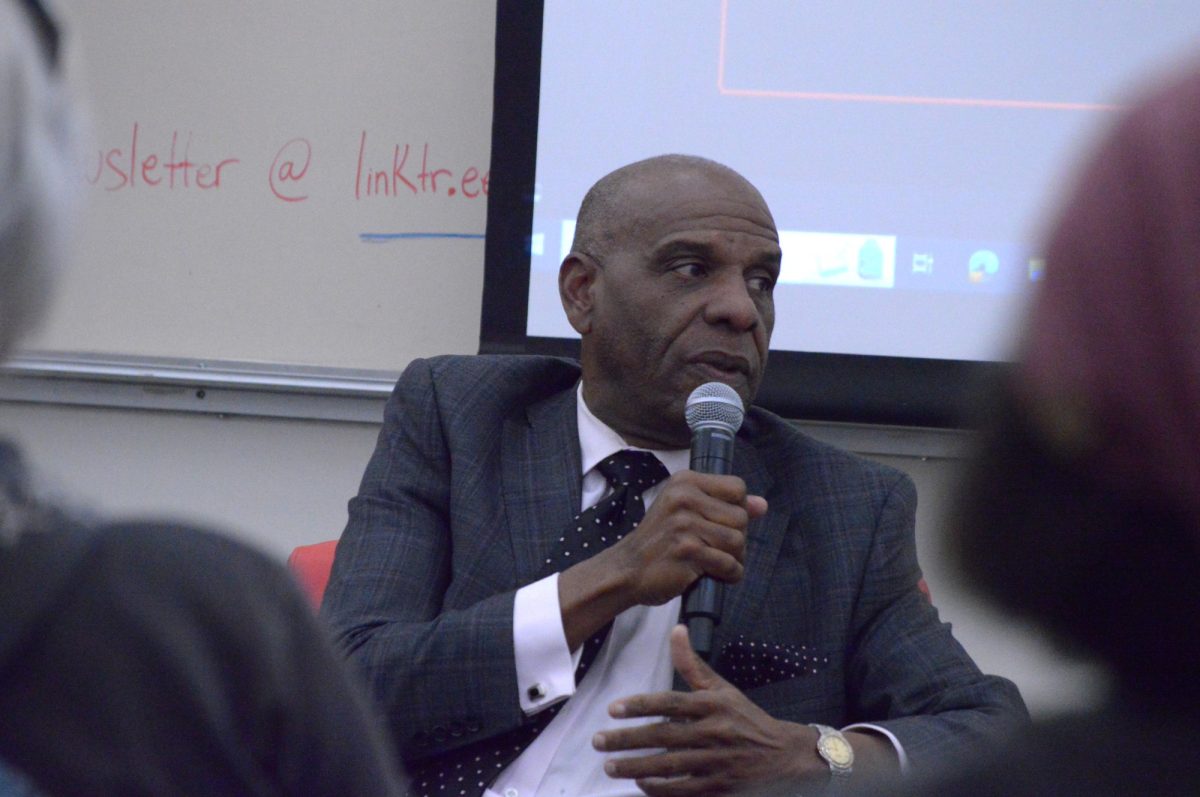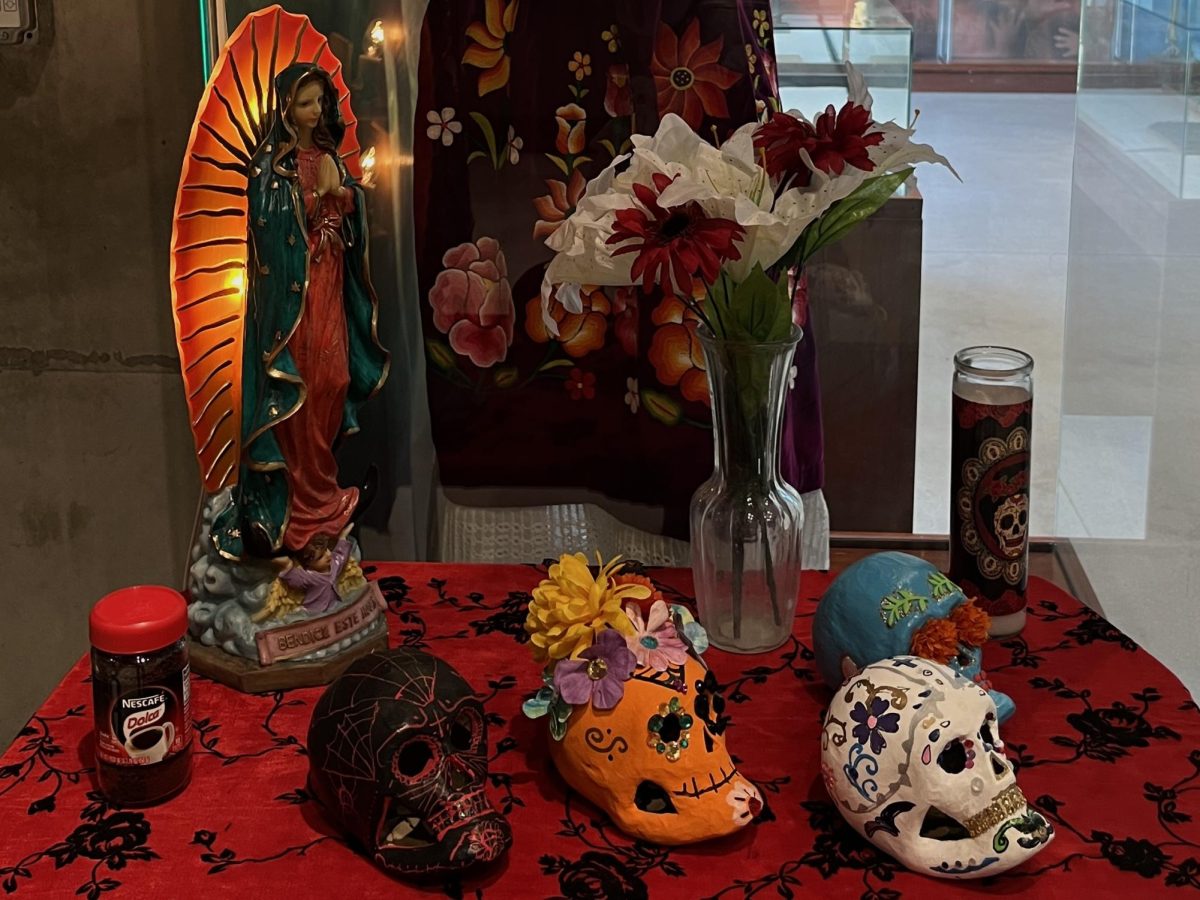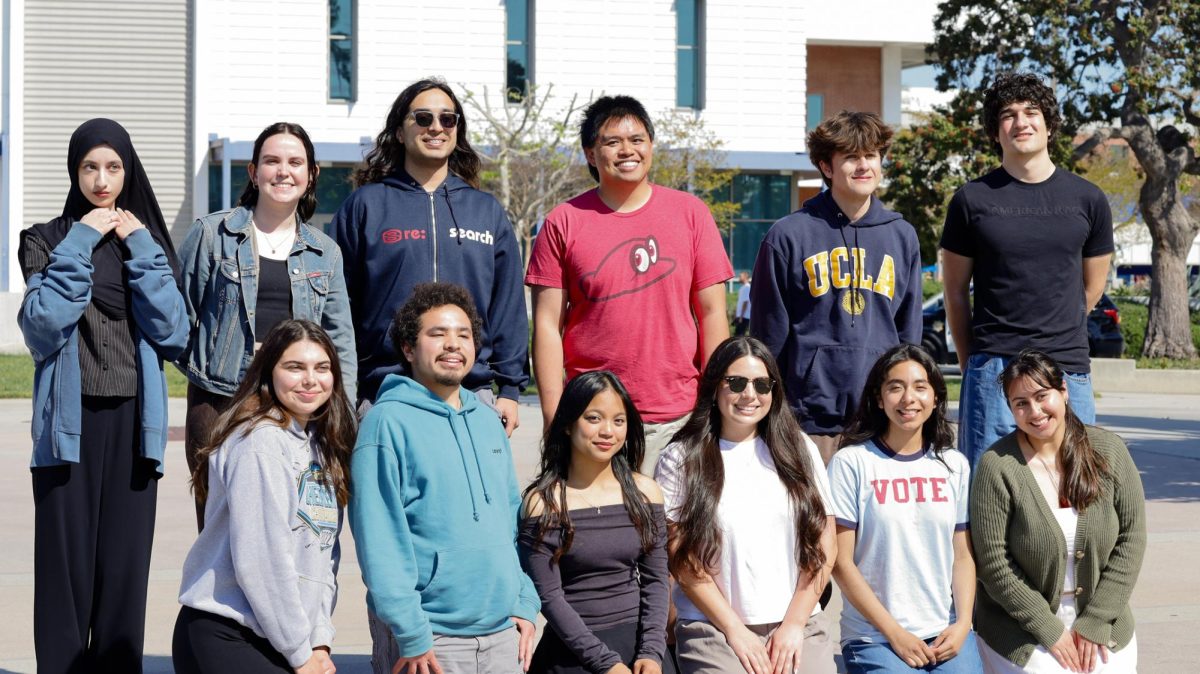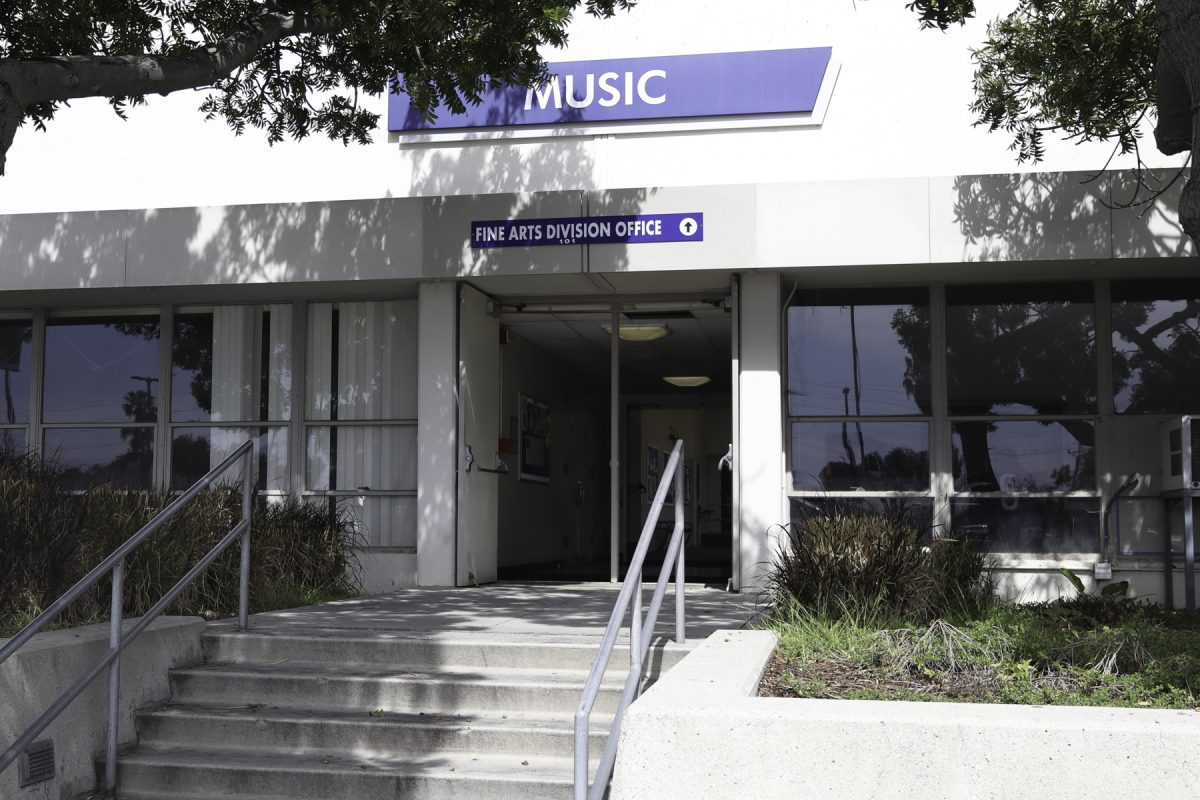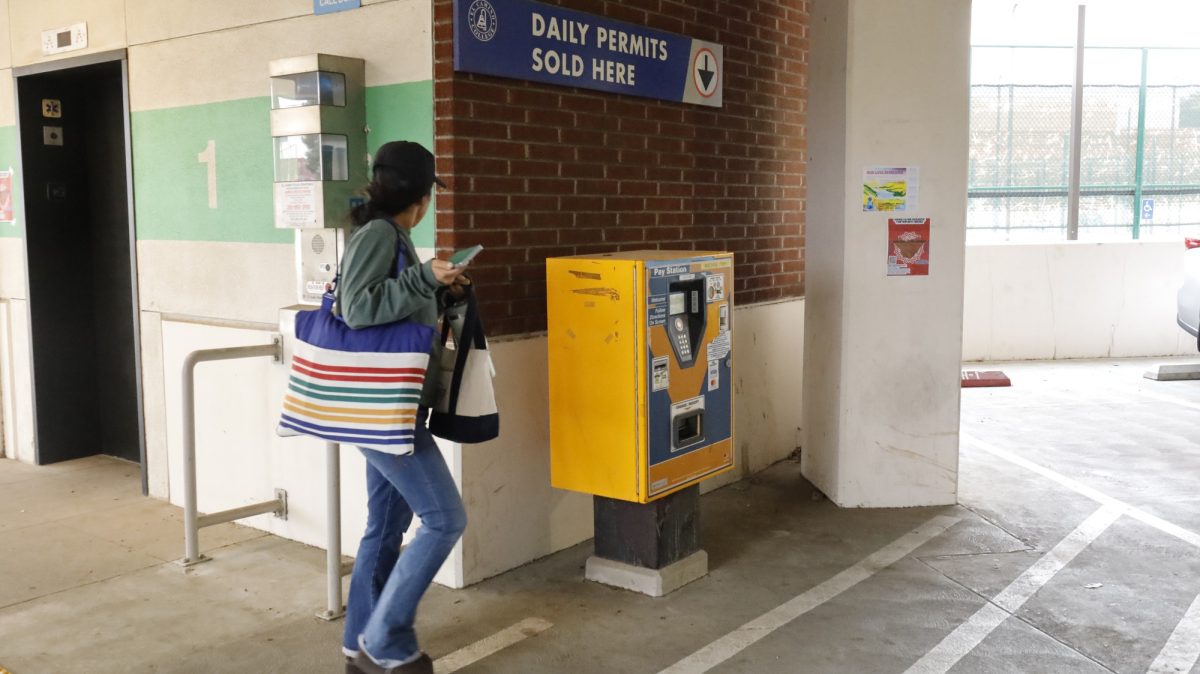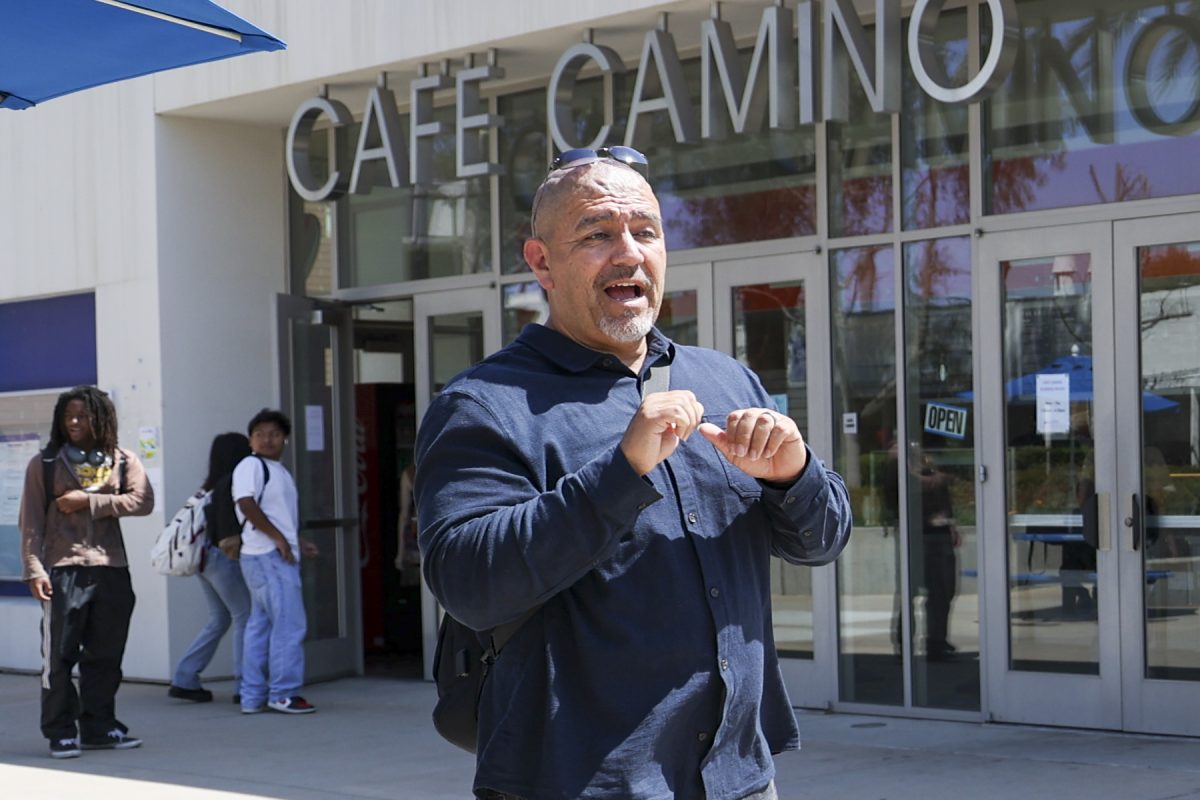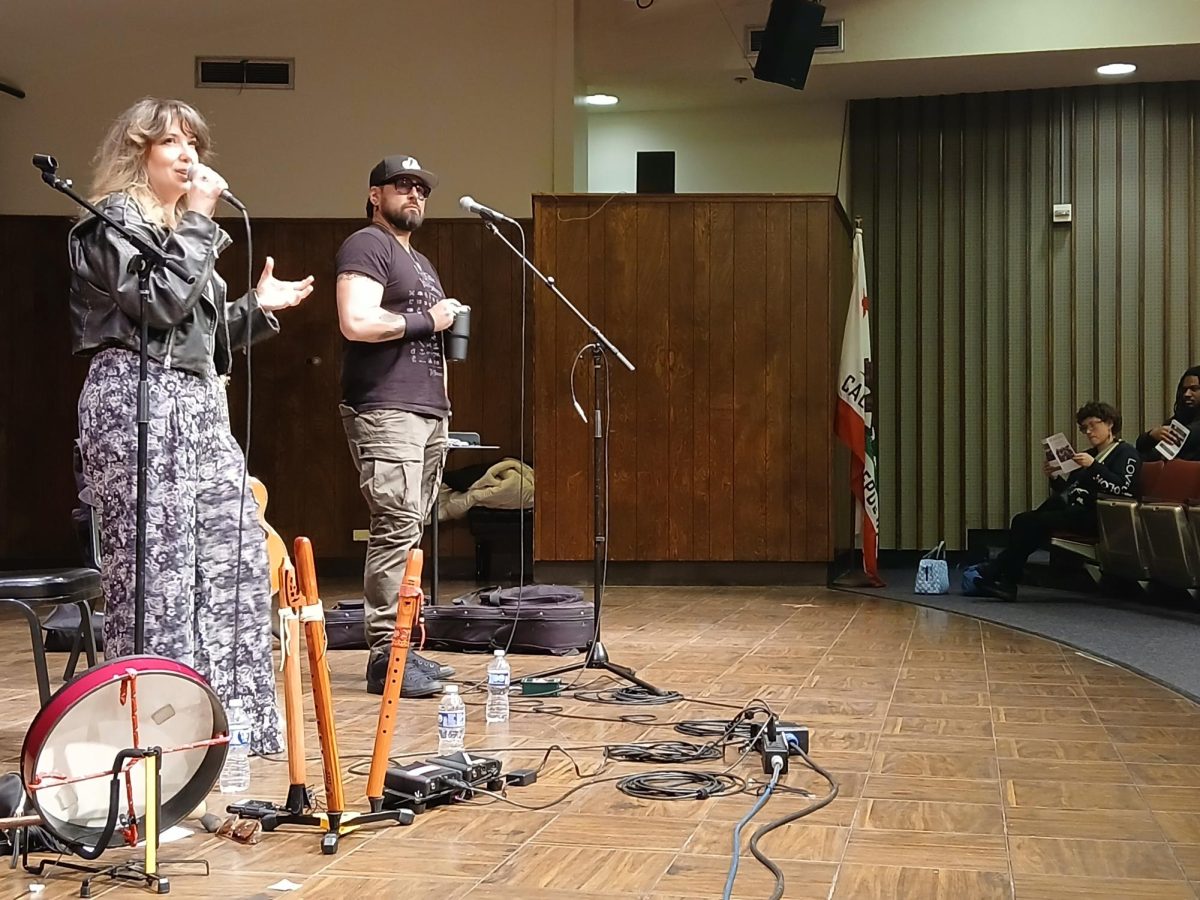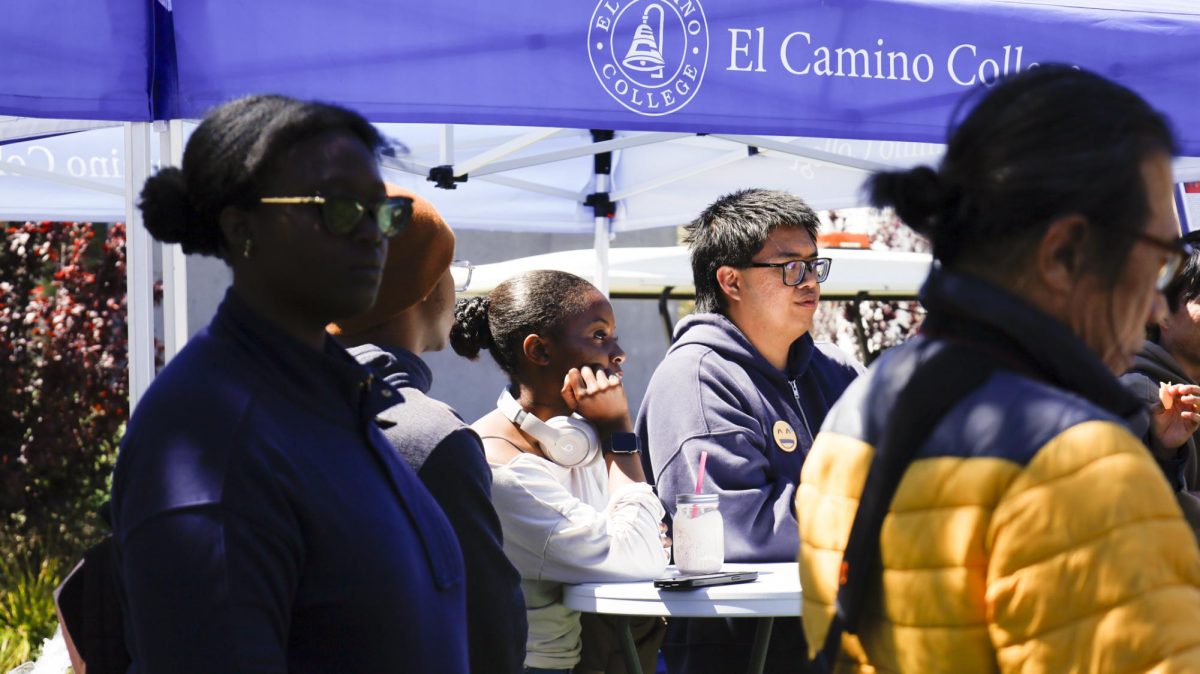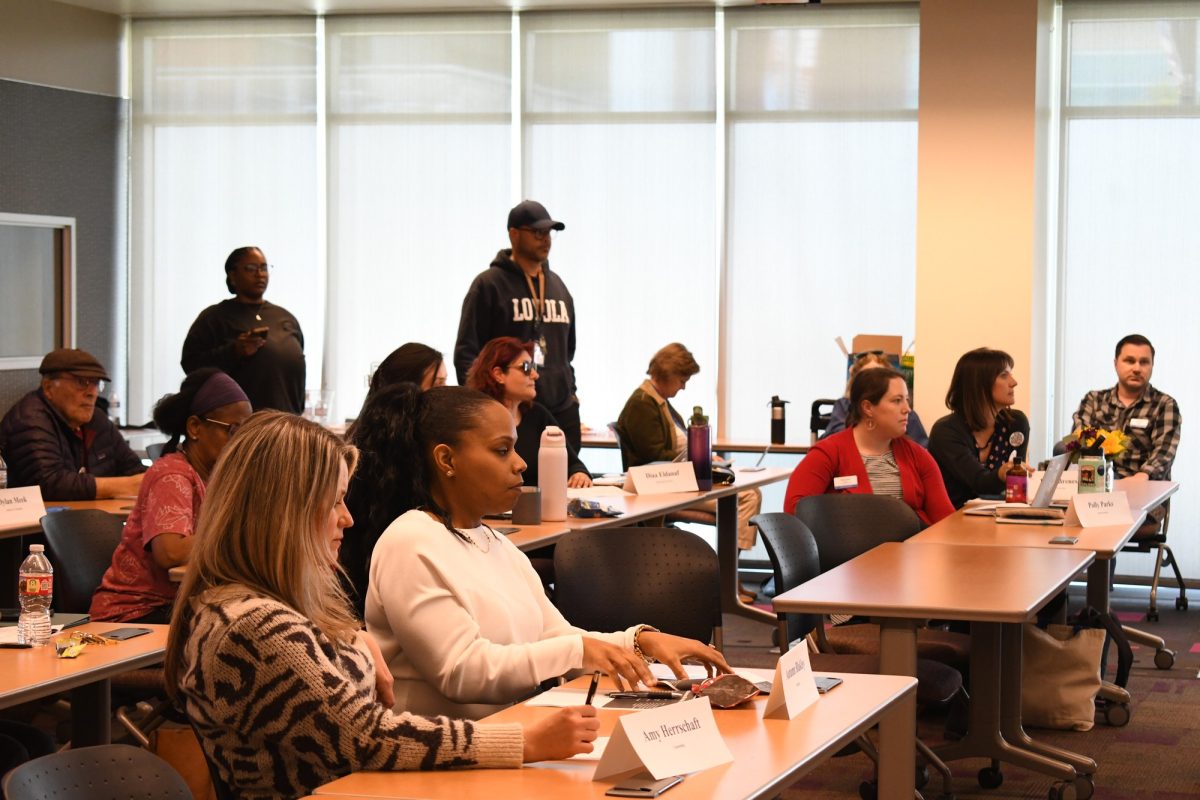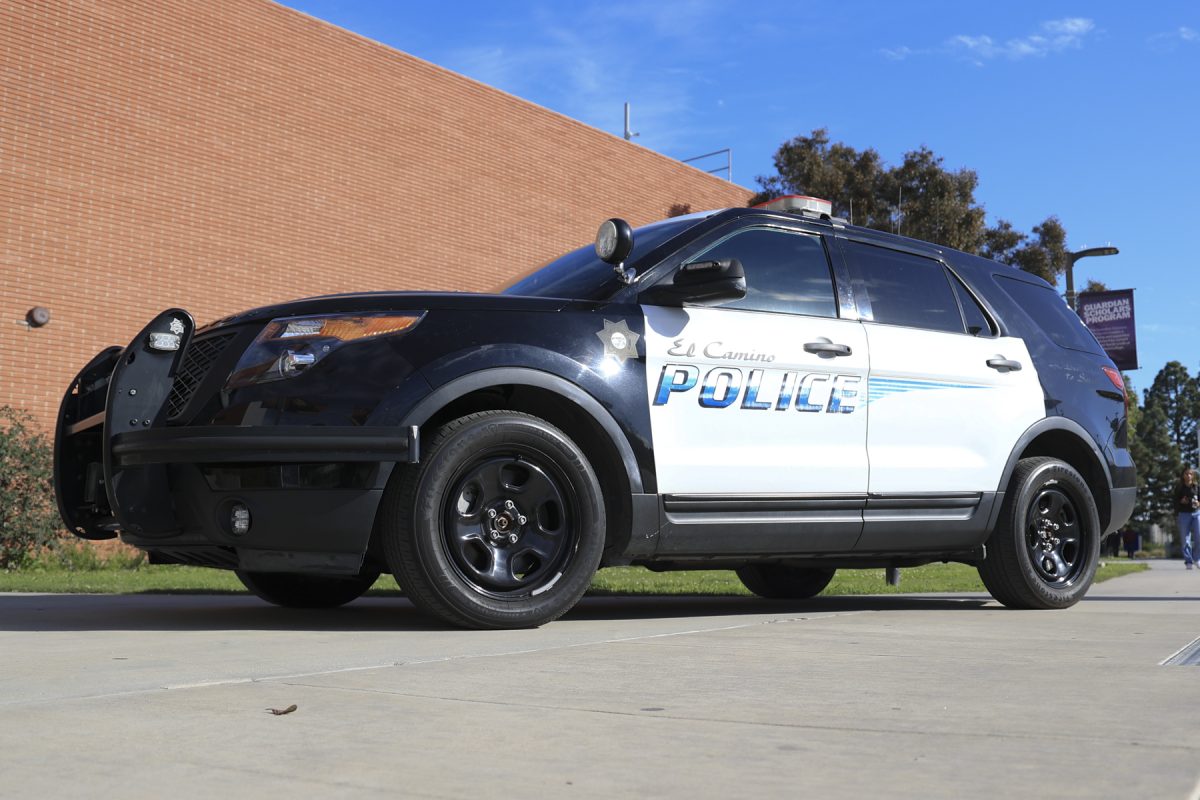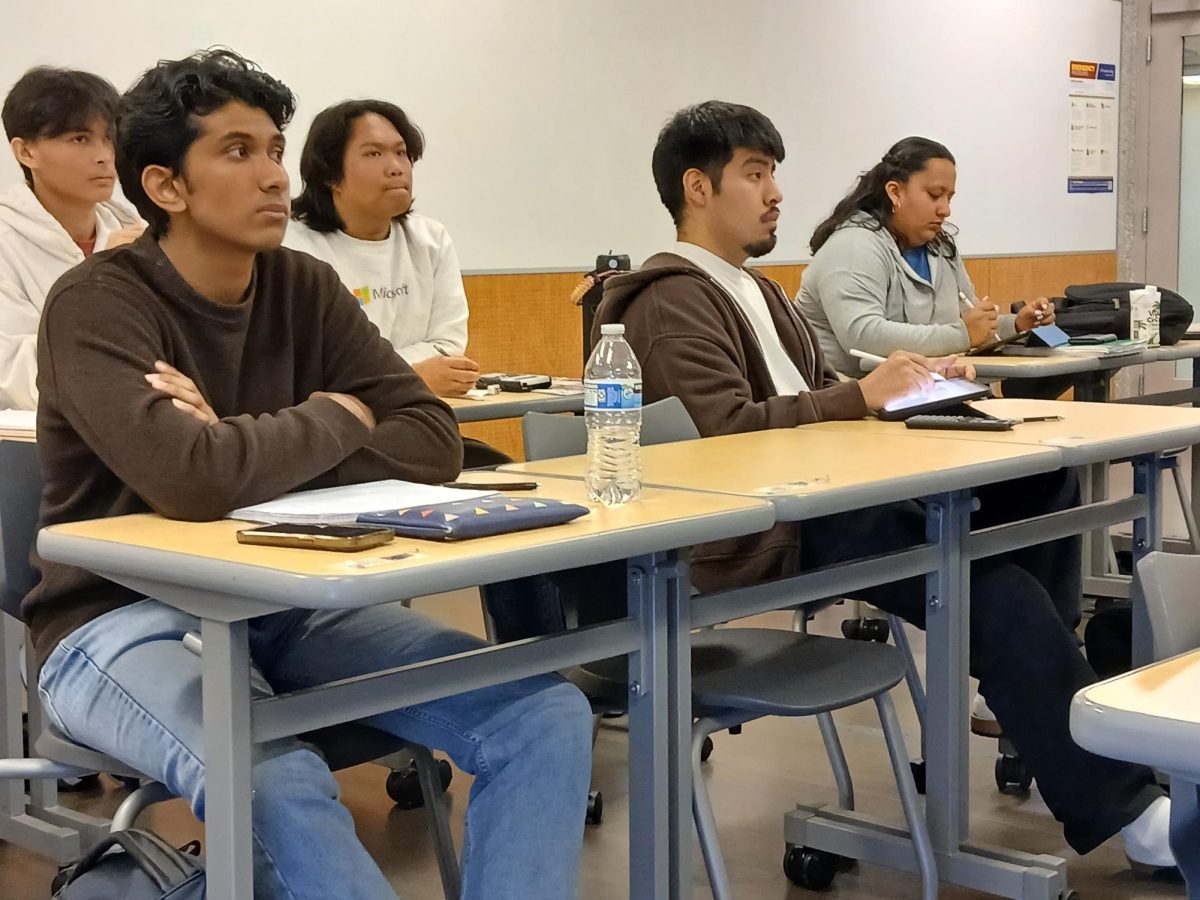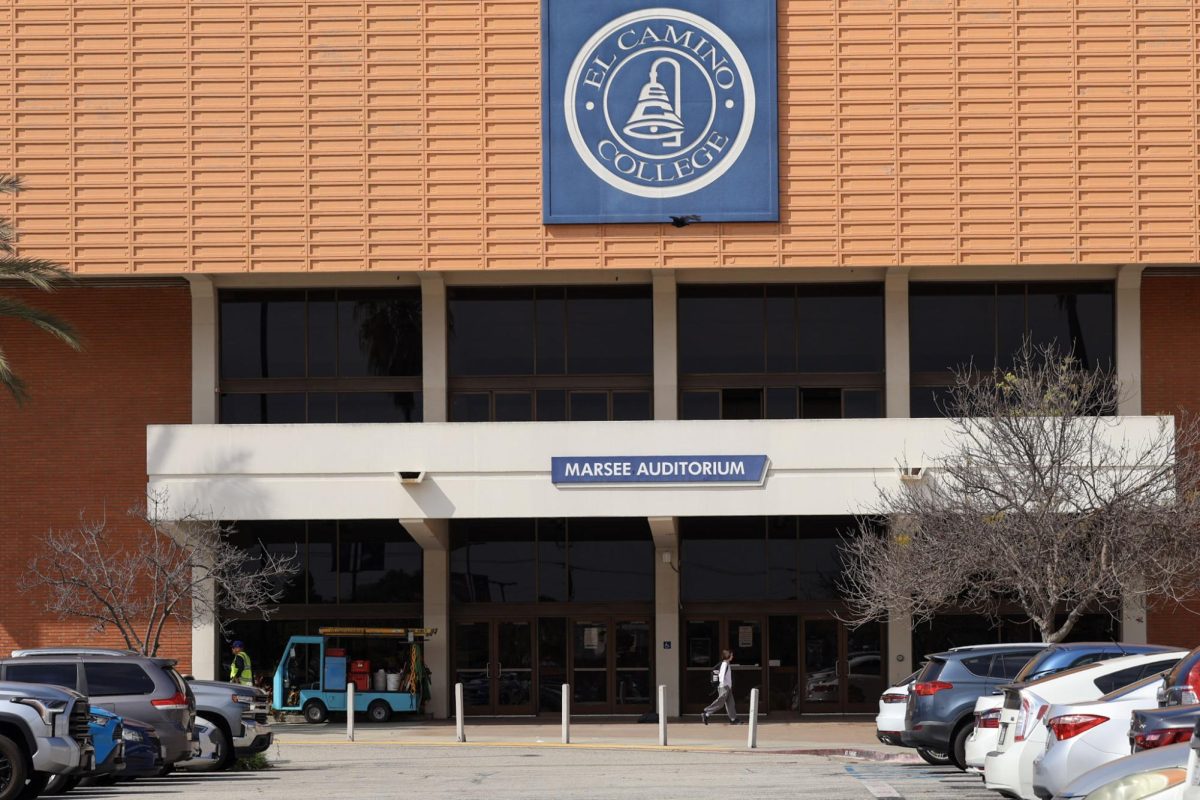Bills seeking to pay the “debt that is 160 years overdue” owed to African Americans because of slavery and systemic racism are going to be signed into law “by the end of the year,” California Senator Steven Bradford told The Union.
“But this is not going to be a one-and-done, it will probably take years, if not decades, to address all the harms from slavery in this country,” Bradford said.
Bradford was at El Camino College for a Black History Month event at the Social Justice Center on Friday, Feb. 16, to talk about reparations to African Americans stemming from enslavement.
Bradford is a member of the Black Reparations Task Force, the group created by Assembly Bill 3121 to study slavery and its effects on living African Americans.
The Task Force is charged to recommend compensation, rehabilitation and restitution for African Americans as reparatory justice for enslavement.
“I invite all of you to read the final report. It’s 115 recommendations on what reparations should look like,” Bradford said.
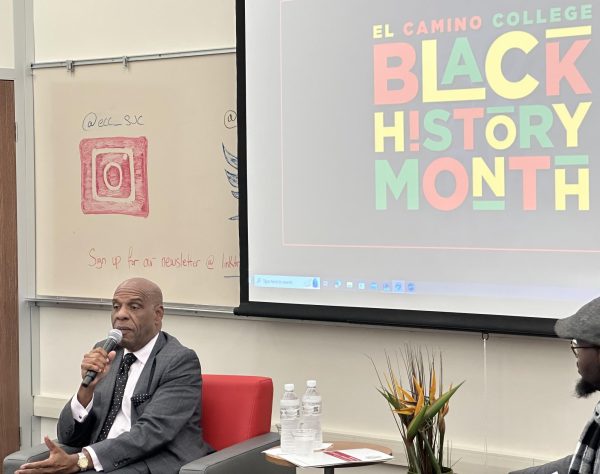
The Reparations Task Force finished its final report on June 29, 2023. The 1,080-page document contains 115 recommendations to the California legislature to craft laws and policies to fix the injustices of enslavement.
The report also details the historical injustices done to African Americans, Bradford said.
The senator urged the crowd of about 30 El Camino students and staff to know their history.
“It’s often said that there’s stories that made America and then there’s stories that America has made up,” Bradford said during the event. “Much of what we teach in school are the stories that America has made up. Because we don’t tell the truth.”
“A lot of folks want to tell you that reparation is a handout, it’s a charity. Far from it. It’s what was promised. It’s what was owed for what’s 160 years overdue,” Bradford said.
Bradford is also a member of the California Legislative Black Caucus.
In January, the CLBC announced 14 measures on education, civil rights, criminal justice reform, health and business that will represent its Reparation Priority Bill Package.
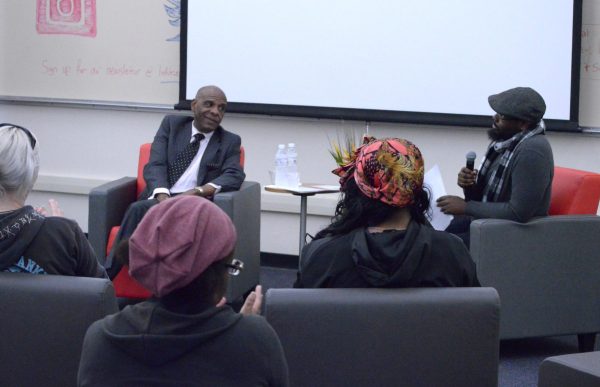
Bradford is the principal author of the bill to “restore property taken during race-based uses of eminent domain to its original owners or provide another effective remedy where appropriate, such as restitution or compensation.”
The biggest applause of the event was the discussion on generational wealth. “Reparations was never about money. It was about land,” Bradford said. “You got to understand generational wealth is passed on in this country, not by dollars. It’s by land.”
Bradford said those who have intergenerational wealth built it through land grants and deeds, things that were denied African Americans. “We were denied homesteading, and when we were allowed to homestead they found a way to take the land away from us.”
The senator gave the case of Bruce’s Beach, located in Manhattan Beach, as an example. In July 2022, California returned the property to the heirs of an African American couple, Charles and Willa Bruce, a century after city officials seized it through eminent domain.
Bradford said it’s important California gets reparations right because legislators from the other 49 states can take what California has done as “model legislation” on reparative justice.
“If we get it wrong, they’re gonna say, ‘If progressive, super liberal, California can’t get it done, how are you going to ever do it in Alabama, in Florida, or, you know, in Georgia, where there’s still folks who do not want reparations?” he said.
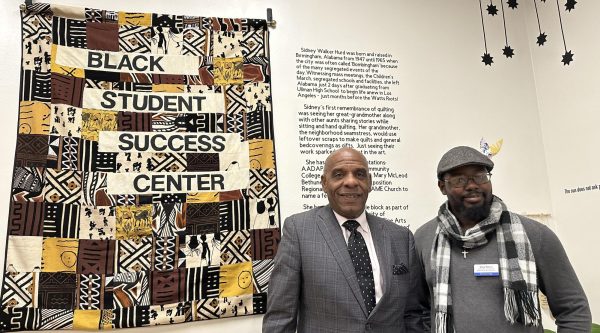
Responding to a question from political science student Lajoy Wilson on how the Black community can stand up despite the “bad picture painted over [them],” the senator reminded the crowd of the Student Nonviolent Coordinating Committee.
SNCC was a group of Black college students who staged peaceful protests during the Civil Rights Movement.
“It was high school and college students who are the real impetus, the real movement behind the civil rights movement,” Bradford said. “It’s young folks, like yourself, who are going to have to shape where we are and who we are as a country.”
Wilson, 21, said she attended the talk because she wanted to show her support. “I just really love learning about our culture as a whole and how to better our community.”
Another student, nursing major David Oguekwe, 20, said he came to the event to see Bradford. “The youth, as they grow, they’re gonna be more politically involved and things like that. So you have to know who’s representing you,” Oguekwe said.
Associated Students Organization President Jose Merino, 19, was also present at the event and went with Bradford as the senator toured the Black Student Success Center in the basement of the Communications Building.
“Especially regarding Black History Month, this is such an important forum for students to actually know the history behind this,” Merino said.
Bradford said just because the atrocities happened in the past doesn’t mean the country doesn’t have an obligation and a debt to make things right. “America would not be America if it wasn’t for the African American slaves.”



